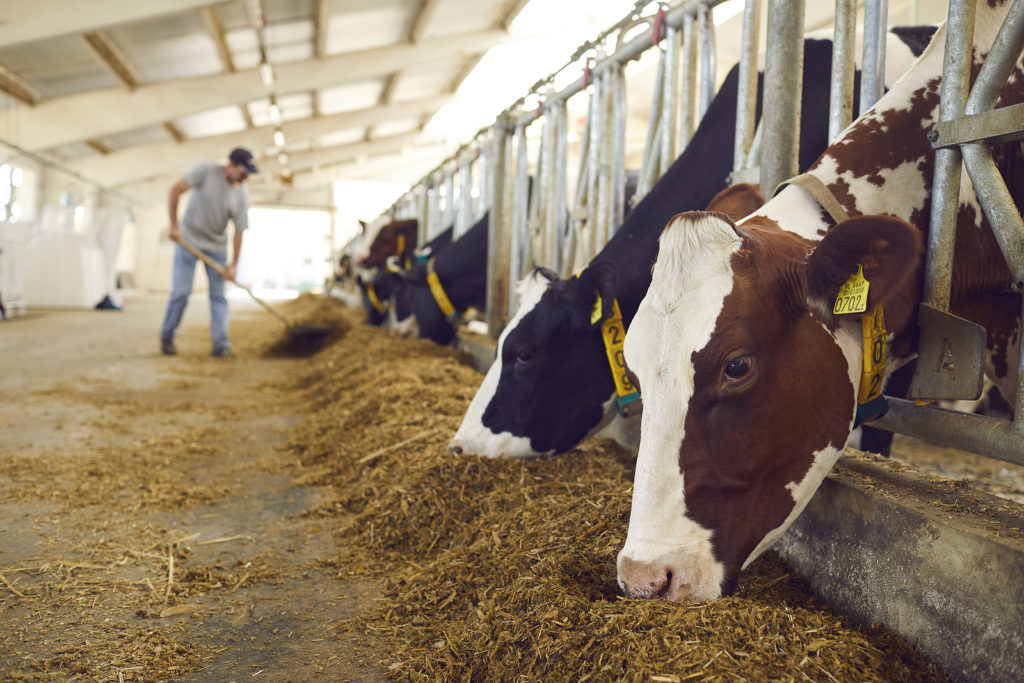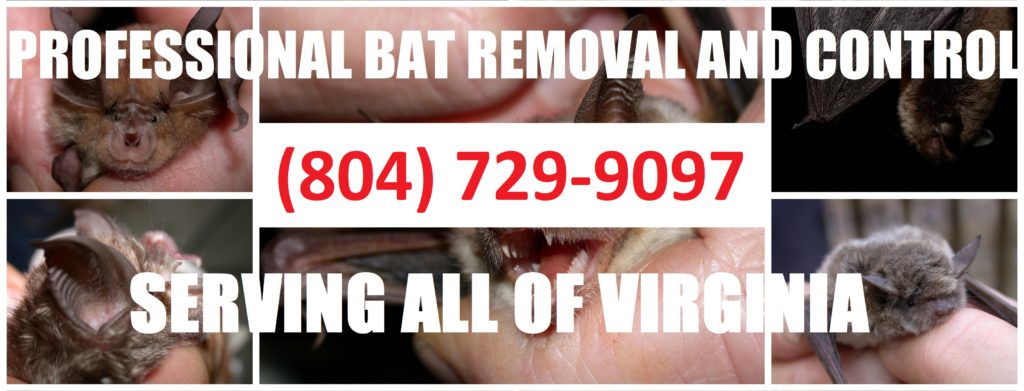Bats in Virginia like to take shelter inside easily-accessible edifices. Although commonly found roosting in attics and crawl spaces of one’s very own home, there is another prime location bats love to take over, and that is your barn. If you currently have bats in the barn or have spotted bats near it, you would be wise to take action as soon as possible in order to avoid all the trouble they can cause.
Continue below to learn the top 3 reasons why you need to get rid of bats in your barn before the month’s end, plus who you can trust in the Richmond areas for affordable bat removal service.

Getting Bats Out of the Barn
Bats love dark, warm, secluded places to roost for the winter and rear their young come spring, and barns provide the perfect environment for them. Here in Virginia, Big Brown bats and Little Brown bats are the two most prevalent species removed from barns and similar structures like sheds and garages. Both species are small enough to squeeze through an opening as little as 3/8ths an inch, so barns are an easy target for them to access.
3 Problems With Bats in Barns
So, why don’t you want to share your barn space with bats? The answer is, they are a nuisance that will cost you money and pose several risks to your health and livelihood. Bats are highly destructive, capable of causing extreme structural damages to all parts of a barn, inside and out. Also, bats are known carriers of several infectious and transmissible diseases that can affect people and animals, namely, your livestock.
❶ Bat Damages
All behaviors that are innate within bats are destructive to the interior and exterior of barns. Bat guano, or bat stool, as well as the urine are both highly damaging to wood, metal, siding, and roofing. Bat urine, for instance, contains uric acid, which is very damaging to metal. So, all metal components that are exposed to large quantities of bat urine will eventually deteriorate, which can lead to dangerous collapses of eaves, ledges, shelves, and beams. Bat droppings, both guano and urine, can cause wood rot and decay as well. All of these damages require invasive and costly structural repair.
❷ Bat Diseases
Bats are known carriers of several contagious and transmissible diseases, as well as infectious parasites like bat mites, lice, ticks, fleas, gnats, and more. The rabies virus is one of the most dangerous illnesses carried and transmitted by bats. There is no cure for rabies, making annual pet vaccinations vital for safety and survival. Because bats produce massive amounts of guano and urine accumulations, they can also pose a health risk of Histoplasmosis. Histoplasmosis is an upper respiratory illness that is contracted through airborne fungal spores that grow on bat guano.
❸ Livestock Threats
Because bats are known carriers of several transmissible and dangerous diseases, having bats in your barn can be a serious health and safety threat to your livestock or any other animals that you house in your barn. Horses, cows, sheep, goats, chickens, roosters, and pigs can all be infected by diseases transmitted by bats. If your livelihood depends on the well-being of your livestock, and all of the other inventories within your barn, then having bats in the barn is a very risky situation that should be resolved as soon as possible. Otherwise, your bottom line is at risk.
Are you looking for professional critter control company that can help you get rid of bats in the barn or shed? Contact Virginia Bat Pros at 804-729-9097 for professional bat removal services in Virginia, including Richmond and surrounding counties. We serve commercial and residential clients.
Related Posts:
Are Bats Dangerous Animals?
Common Damages Caused By Bats in the Attic
Top 3 Most Common Bat Diseases in Virginia

